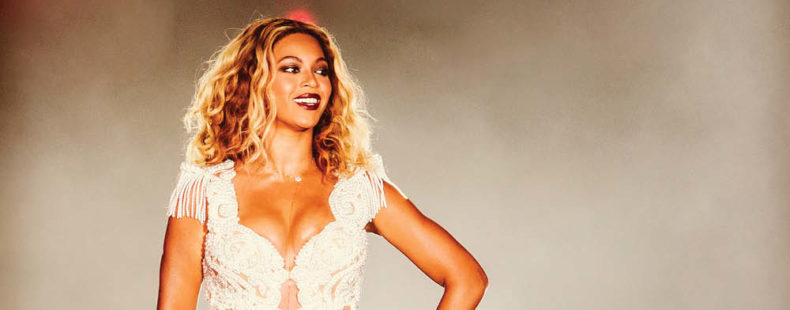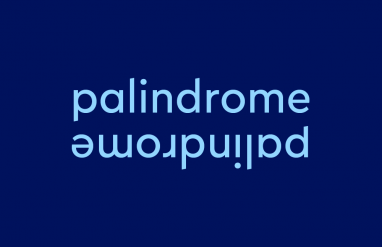In honor of Queen Bey, we’re going to give you the lowdown on some terms closely associated with or popularized by the one and only Beyoncé Knowles-Carter.
And, what’s better than starting with her actual name ? Or names—because, of course, the queen has many. Remember Sasha Fierce? That’s was her alter ego, who she created on the set of the music video for “Crazy In Love.“
Lesson #1: Bey is pronounced like bee, not bae. Bey is a nickname short for Beyoncé, of course.
But what about her full name? Where did Beyoncé come from?
Lesson #2: Beyoncé is based on her mother’s maiden name, Beyincé. Beyoncé’s mother comes from Louisiana Creole ancestry.
OK, now if you’re truly a member of the Beyhive, you won’t want to miss the rest of the words Bey made famous that we’ve rounded up.
























